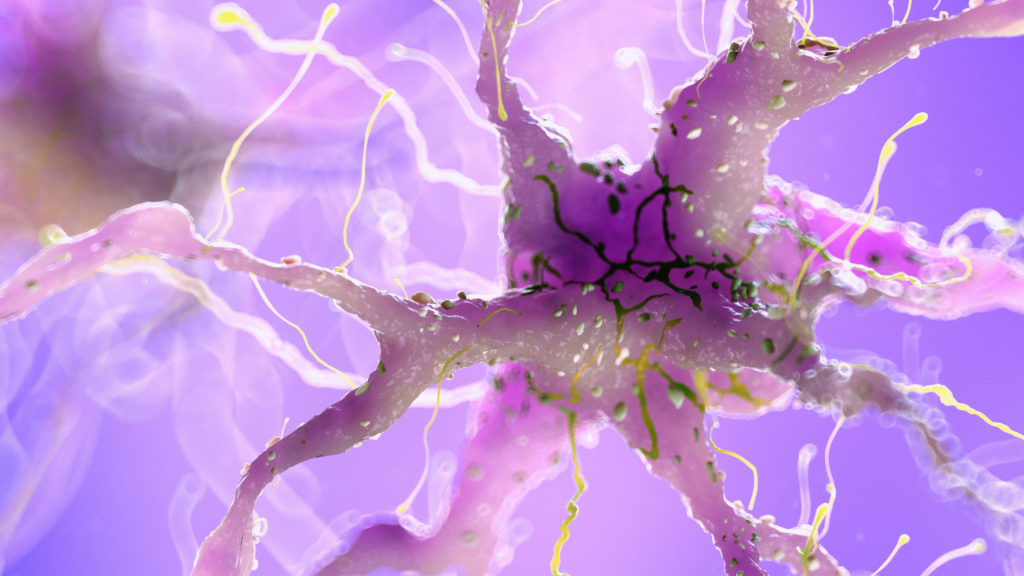
Recent innovations in screening for early Alzheimer’s have run the gamut, from blood tests to “fastball” flashing-image screeners.
Another new approach involves using artificial intelligence to analyze speech patterns, as a way to both detect and monitor the progression of Alzheimer’s and other forms of dementia.
The AI researchers describe the growing number of elderly people living with dementia as a “looming public health crisis” and state that of the roughly 5 million Americans with dementia, more than half of whom don’t have diagnoses.
“Missed and delayed diagnosis not only impose more strain on family and caregivers emotionally and financially, but also leads to lost opportunities for treatment,” the researchers noted in a journal article published this month.
If proven clinically effective, the AI would represent the first algorithm to use audio recordings to analyze cognitive impairments, the researchers said.
The AI itself analyzed recordings from patients describing the “cookie theft picture test,” a common method of screening for dementia. The AI was trained to interpret very nuanced aspects of speech, including the intensity and rhythm of the patients’ voices, as well as the words and structure of their sentences.
To further study this AI speech tool, the developers, led by a team at the Columbia School of Nursing, received $1.2 million from the National Institute on Aging.
For the next phase of their research, the AI developers will collaborate with VNS Health to conduct tests in a clinical setting.
The NIA has been heavily involved in supporting projects related to Alzheimer’s. Earlier this year, the organization set aside a whopping $300 million for the creation of an Alzheimer’s research database. It also just completed the public comments phase of a proposal to update an Alzheimer’s research framework first published in 2018.


